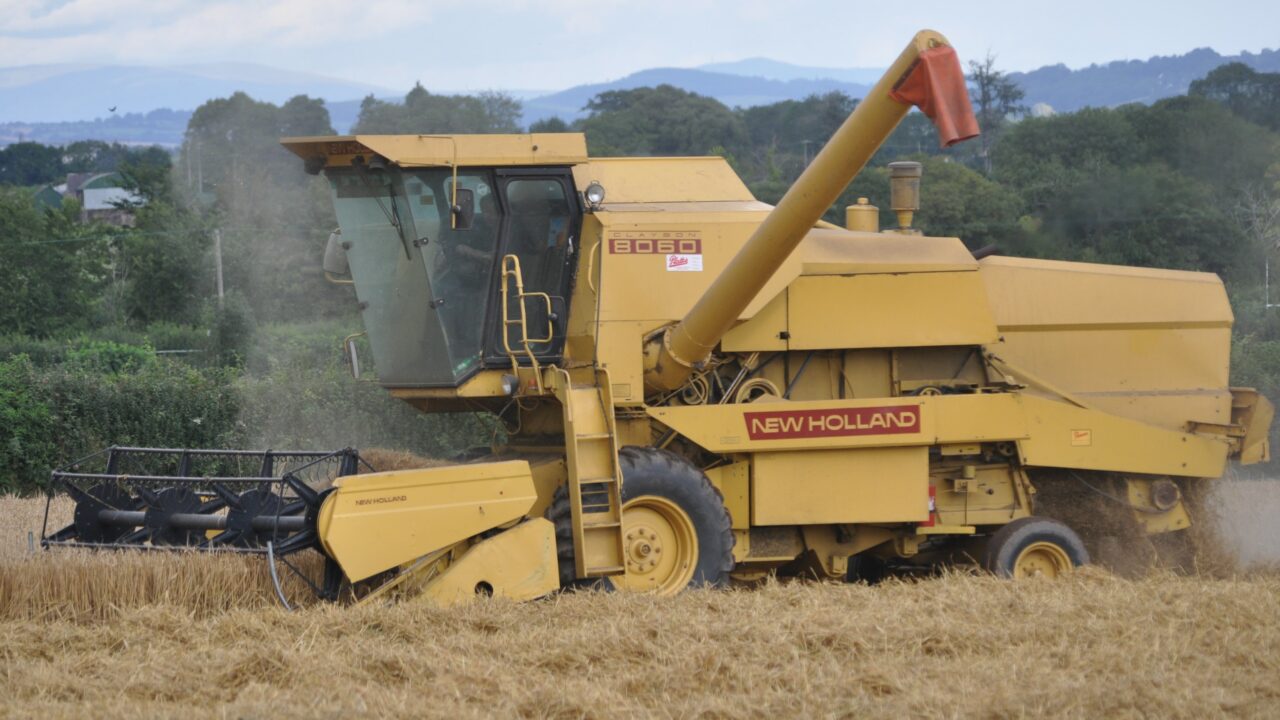The creation of a tillage crisis fund for farmers who lost crops in 2016 is on the horizon, according to the Irish Farmers’ Association (IFA).
Grain Committee Chairman Liam Dunne said funds must be made available to farmers who have been under serious pressure due to the devastating losses incurred last year.
“Some farmers struggled to get crops in the ground this year as they couldn’t get financial agreements in place.
Entire crops were lost last year in some cases; leaving farmers with a bill of €400/ac. A loss doesn’t go away.
“I know farmers who were forced to sell or refinance machines, or sell cattle if they owned them,” he said.
Details of the scheme
Details of the scheme are still being finalised and no budget allocation has been confirmed. However, Dunne believes the tillage crisis fund will be an open scheme and farmers will be given one month to get their applications in.
Farmers will have to prove a crop loss of at least 30% to qualify for the scheme, Dunne said.
It is likely that officials will compare farmers’ sales records from last year to both 2015 and 2014, while the area sown will also be calculated in order to determine the level of crops lost last year.
Farmers will also have to prove any farm-to-farm sales of grain, a common sales method in some parts of the west of Ireland.
Dunne confirmed the IFA would be setting up a helpline to assist farmers in applying to the scheme, although an opening date remains unknown.
How many farmers will this benefit?
It is believed that the introduction of a tillage crisis fund would benefit approximately 300 farmers. At a maximum payment of €15,000 each, the scheme would require a budget of about €4.5 million.
Earlier this year, the Dail carried a Fianna Fail motion by 87 votes to 49 to provide a fund or compensation scheme for farmers who suffered severe crop losses.
Crops belonging to farmers in parts of counties Cork, Kerry, Galway, Roscommon, Mayo, Donegal, Longford and Tipperary were all badly affected by poor weather conditions last year.
“In some parts of Co. Galway, there were only three days without rain during the month of September. You can’t save a crop in those kinds of conditions.
“A lot of farmers damaged machines last year trying to save unharvestable crops. Most farmers will have lost more than they can get in this scheme.
There is nothing more devastating than watching a crop that you’ve grown rot away in front of your eyes.
Dunne urged officials in the Department of Agriculture, Food and the Marine to speed up the process and to get the scheme up and running as soon as possible.
